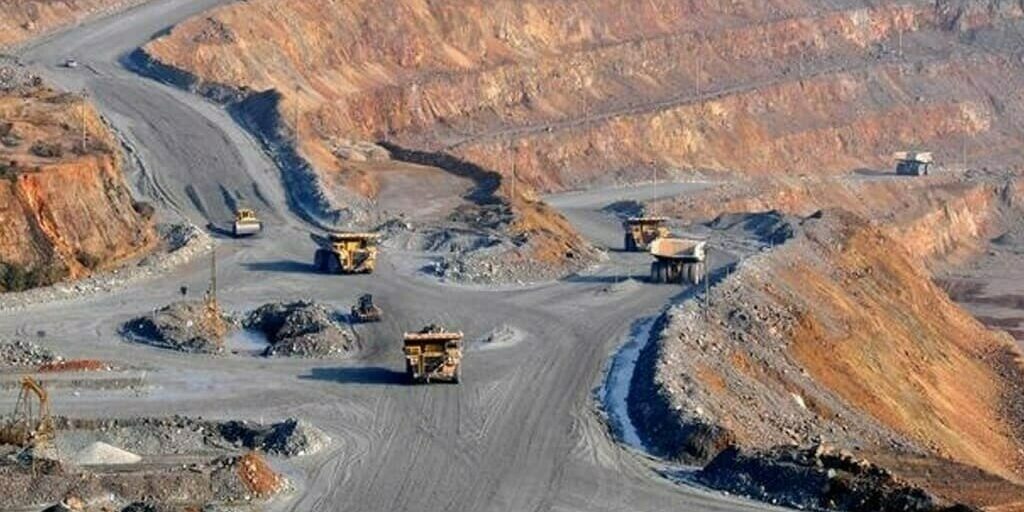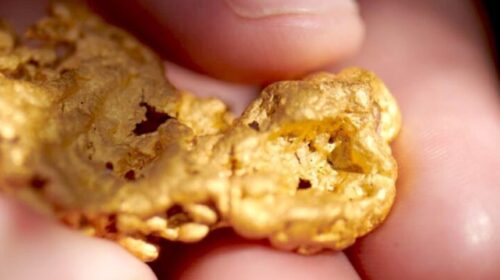Barrick makes progress on $7bn copper project in Pakistan
Barrick Gold (TSX: ABX)(NYSE: GOLD) said on Monday it had achieve a significant legal milestone to proceed with the development of the giant Reko Diq copper-gold deposit in Pakistan, close to the borders of Iran and Afghanistan.
During a four-day visit to the country, president and chief executive Mark Bristow held discussions with several stakeholders, which finished with all the documents needed to start building Reko Diq being approved by the country’s president Arif Alvi.
Paperwork was filed on Saturday with the supreme court, Barrick said, adding that once that transaction is completed, the project will be owned 50% by Barrick, 25% by the province of Balochistan, where the asset is located, and 25% by major Pakistani state-owned enterprises (SOEs).
The Reko Diq project, which hosts one of the world’s largest undeveloped copper-gold deposits, has been on hold since 2011 due to a dispute over the legality of its licensing process.
Barrick solved the long-running dispute earlier this year, reaching a preliminary out-of-court deal that cleared the path for a final agreement on how to run the mine and profit-sharing arrangements.
The project is now seeking financing partners, with a target of 50% debt to total capitalization.
The company plans to deliver production as early as 2027-2028 from Phase 1 at a cost of around $4 billion, with Phase 2 to follow in five years and a cost of roughly $3 billion.
Two-phase development
The conceptual design calls for an open pit with a life of more than 40 years. It would be built in two phases, starting with a plant that will be able to process about 40 million tonnes of ore per annum, which could be doubled in five years.
The latest plan is double the annual throughput capacity and more than twice the investment estimated in an unpublished 2010 feasibility study.
During peak construction, the project is expected to employ 7,500 people and once in production it will create 4,000 long-term jobs during the expected 40-year life of the mine.
Some analysts believe that Pakistan’s lack of experience in mining and its political instability make this a risky deal.
Bristow, however, said in May that he had worked in challenging situations all his life and that he was “very comfortable” with the project. He added that this was the “perfect opportunity for the mining industry to demonstrate what it can bring to an economy” of a region that has been “neglected” and struggles to get access to potable water.
Barrick is setting up community development committees (CDCs) to identify priority projects and supervise their implementation.
“Our CDC model provides a transparent and accountable mechanism for tailoring development programmes to the needs of these communities with their full participation,” Bristow said on Monday.
Barrick also said it was donating an additional $150,000 to the Balochistan flood relief fund, bringing the its total contribution to $300,000.
52 total views , 1 views today





